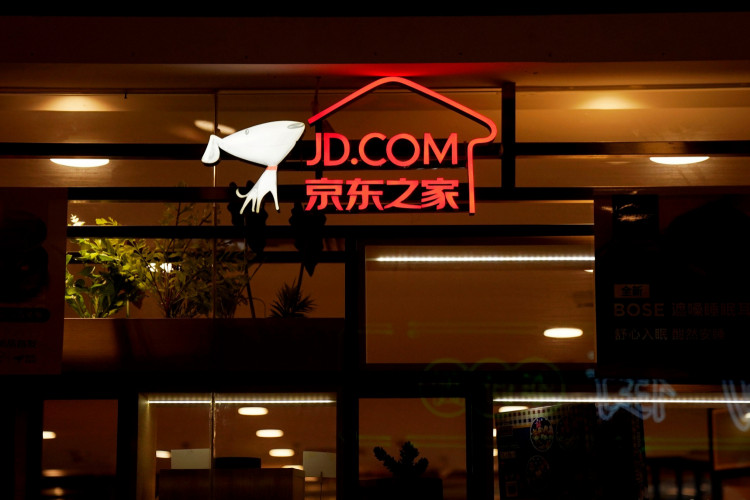JD.com, a leading Chinese e-commerce giant, has recently unveiled a substantial salary increase plan, marking a transformative step in its compensation strategy. Effective from January 1, 2024, the company has announced a near 100% increase in the annual fixed salary for all JD Retail online business personnel. This change integrates their monthly performance wages and floating year-end bonuses into their fixed salary, guaranteeing a fixed annual bonus of four times their monthly wage.
The new compensation structure also introduces lucrative performance-based incentives for business unit bosses, with rewards tied to year-over-year improvements and no cap on potential earnings. Detailed plans for each business division will be disclosed in January 2024. Additionally, JD.com has called on former procurement and sales staff to return, promising that employee tenure benefits and other welfare provisions will continue under the new retail procurement and sales compensation policy.
This announcement marks a significant shift from JD.com's conventional compensation model, moving towards a more robust and incentive-driven approach. The move is part of a broader "transformation" that the company has been undergoing throughout 2023. Earlier in the year, JD Retail restructured its procurement units, granting greater autonomy and decision-making power to frontline teams. This reorganization reflects the "Boss unit" management mechanism initiated by JD.com's founder, Liu Qiangdong, in 2019, aiming to decentralize authority and enhance organizational vitality.
Despite facing challenges and undergoing leadership changes, with Liu Qiangdong addressing the company's development pain points and expressing confidence in its foundational strength, JD.com is poised for a resurgence. The last significant salary increase occurred two years ago, where the average annual salary of employees was raised from 14 to 16 months' salary. Additionally, Liu Qiangdong has previously indicated a strategy to "raise one and lower the other," increasing benefits for grassroots employees while higher-ranking executives would take more significant cuts to alleviate company pressure.
As JD.com embarks on this new compensation strategy, it signals not only a commitment to rewarding and retaining talent but also a reflection of its adaptive and forward-looking corporate culture. The move is likely to have broad implications for the e-commerce industry and could set a precedent for how companies approach compensation in an increasingly competitive market.






